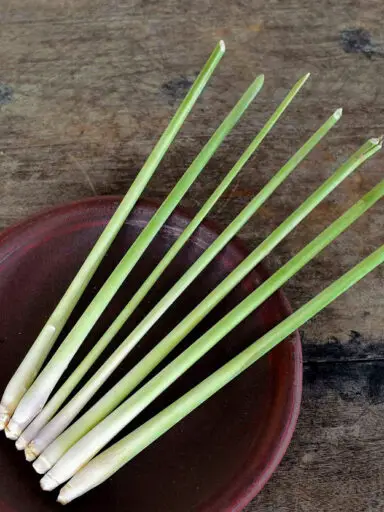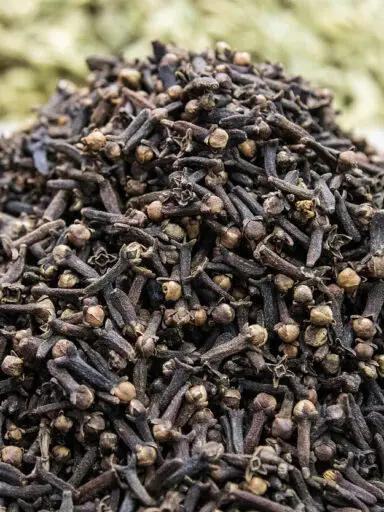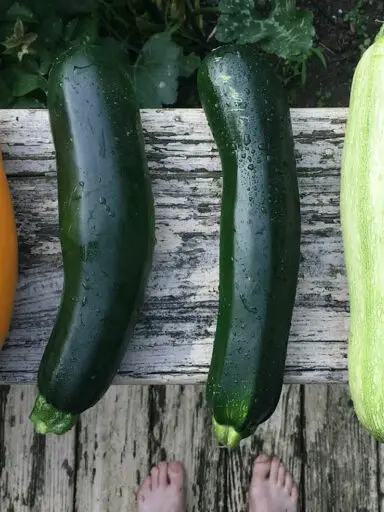Cabbage is a plant that is also known as headed cabbage. It is a biennial vegetable grown for its large dense leaved heads that come in a variety of flavors and colors such as red, purple, green, and white.
This crop is closely related to other vegetables such as broccoli, Brussels sprouts, cauliflower, kale, arugula, kohlrabi, and Bok Choy (Chinese cabbage) among others. The cabbage heads vary in size from about half a kilo to about 5 kilograms in weight and reach up to the size of a soccer ball.
Similar to the onion, cabbage is a multi-layered leafed vegetable with the leaves packed tightly together.
This vegetable can be stored for just a few days in a refrigerator but loses nutrients the longer it keeps so fresh crops are preferred when selecting. Fresh cabbage has crisp and firm leaves. The head should be firm and solid and feel heavy for its size. The leaves should be glossy and vibrant in color.
To Prepare Cabbage for Eating
Cabbage should be washed thoroughly in cool running water to properly remove the dirt and soil between the layers as well as any insects and pests that may be dwelling in between the leaves. It should then be further soaked in salty water for a further 30 to 45 minutes again to remove any persistent pests as well as to remove any pesticides and insecticide residue.
Any withered outer leaves should be removed together with the stem. It is the easiest to split the head in half then lay the flat surface on the chopping board and cut further. You can shred, chop, cube, or cut the leaves in any way that is demanded in the recipe.
Cabbage can be eaten raw in salad dishes. The most common is coleslaw. It can also be used in picked dishes, filling as well as an ingredient in vegetable dishes.
You can also fry, sauté, sear, roast, bake, steam, braise and pretty much cook cabbage in unlimited ways.
It pairs well with carrots, onions, garlic, tomatoes, green chilies, bell peppers, rice, and potatoes among other vegetables. It also goes well with meat, poultry, and fish dishes. It can also be found in soup, stew, and other starter dishes.
Nutritional Benefits
Cabbage contains just 25 calories per 100 grams. It contains no cholesterol and is very low in fat. It is rich in dietary fiber, antioxidants, vitamins, and minerals.
Cabbage is rich in the B complex vitamins such as folates and pyridoxine. It also contains niacin, pantothenic acid, thiamin, and riboflavin. It is also a decent source of vitamin A. It is a great source of vitamin C and vitamin K.
It is also a good source of vitamin potassium, iron, and manganese. You can also get good quantities of calcium, magnesium, and phosphorous.




